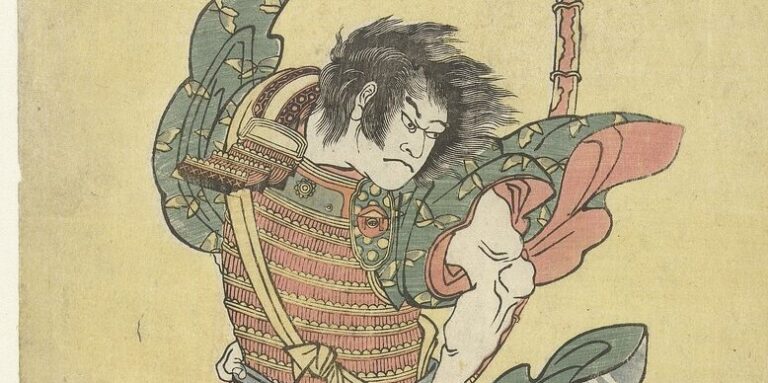Japan, an island nation rich in history and tradition, has long been perceived as a bastion of conservative values. This perception has roots in its historical context, societal structures, and cultural norms that have evolved over centuries. However, examining contemporary Japan reveals a complex tapestry where traditional conservatism coexists with emerging progressive trends, leading to an intriguing discourse on whether Japan can still be considered a conservative society today.
To understand the current state of conservatism in Japan, it is essential to define what constitutes “conservatism” in this context. Traditionally, conservatism in Japan has been associated with adherence to cultural norms, hierarchy, and a collective societal mentality that prioritizes group harmony over individualism. From the strict adherence to social etiquette to the hierarchical structures of family and business, traditional Japanese values underpin many aspects of life. However, these values have been challenged in recent decades, prompting a reevaluation of their relevance in a modernizing Japan.
One significant factor that challenges Japan’s conservative lens is the changing demographic landscape. Japan faces profound demographic shifts, notably a rapidly aging population and declining birth rates. These shifts naturally create tensions between traditional familial structures and the realities of modern life. The traditional view of marriage and family, once held sacrosanct, is being questioned by younger generations who prioritize personal freedom, career ambitions, and alternative lifestyles. Thus, while traditional familial roles may still hold weight in rural areas and among older demographics, urban centers like Tokyo showcase a wider acceptance of diverse forms of relationships, including single-parent families and same-sex partnerships.
Further, the realm of gender roles in Japan has seen significant evolution over recent years. Historically, Japan has been characterized by rigid gender expectations, with women predominantly fulfilling roles within the domestic sphere. However, there is a growing movement advocating for gender equality, highlighted by increased female participation in the workforce and politics. Despite still grappling with issues such as the gender pay gap and underrepresentation in leadership, the movement toward gender equality is gaining momentum, signaling a shift away from traditional conservative perspectives on gender.
Moreover, Japan’s economic landscape has also contributed to a shift in conservative values. The prolonged economic stagnation since the 1990s, often referred to as the “Lost Decade,” has led to changes in job security, career aspirations, and work-life balance. For the younger generation, the once unwavering loyalty to a single employer—rooted in the post-war economic boom—has diminished in favor of gig economy work models and entrepreneurship. This shift reflects a gradual loosening of traditional values rooted in job permanence and organizational loyalty.
Culturally, Japan remains a center of both preservation and change. While traditional art forms, festivals, and customs continue to hold significant cultural value, contemporary Japanese culture is increasingly characterized by globalization and hybridization. The proliferation of technology, the internet, and Western cultural influences has fostered a more individualistic society, particularly among the youth. The rise of subcultures such as otaku (anime and manga enthusiasts) and the popularity of social media illustrate a departure from some conservative norms, as individuals seek to express their unique identities outside traditional confines.
However, it would be an oversimplification to deem Japan entirely progressive or conservative. The influence of conservatism remains palpable, particularly in political spheres. The Liberal Democratic Party (LDP), which has governed Japan for most of the post-war era, epitomizes traditional conservative values, advocating for national pride and a strong defense posture. Additionally, resistance to legalizing same-sex marriage and regional disparities in progressive ideologies indicate that entrenched conservative values still persist at various societal levels.
In conclusion, Japan presents a paradoxical landscape where deep-seated traditional conservatism exists amid burgeoning progressive movements. While there are undeniable shifts in demographics, gender roles, work ethics, and cultural expressions, the vestiges of conservatism continue to influence the political and social realms. Therefore, it is crucial to approach the question of whether Japan is still conservative with nuance and recognition of its multifaceted nature. Japan may not be uniformly conservative, but the enduring allure of tradition, combined with the forces of modernization, creates a dynamic and evolving society that reflects both its historical roots and contemporary realities.

